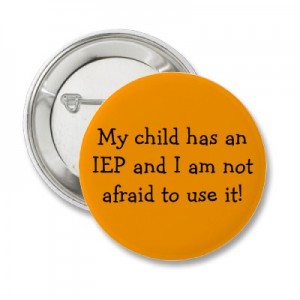Should You File a Complaint?
In all likelihood, as the parent of a child with a speech disorder, you’re going to be working closely with the school district for years. It’s in your child’s best interests for you and the school representatives and educators to work together cooperatively. This does not mean that you should ignore violations of regulations or your child’s rights for the sake of avoiding confrontation, however.
If you believe that the school’s proposed Individual Education Program (IEP) does not serve your child’s best interests, you have the option of pursuing due process. But what happens if you have a legal dispute? Perhaps the school district failed to follow protocol or failed to meet IEP timelines. In these situations, you have the right to file a complaint with your state’s Department of Education.
Filing a Complaint Under IDEA
The Individuals with Disabilities Education Act (IDEA) allows for written complaints of IDEA violations. It does not spell out the specific protocols for these complaints; rather, individual states are required to develop their own procedures. Contact your state’s Department of Education to determine the specific procedures to follow.
When to File a Complaint
In general, if you believe that the school district has violated the IDEA law, you have one year to file a complaint. If the violation is ongoing, the state may accept the complaint after a longer period of time. However, it is in your child’s best interests to file a complaint as soon as you have determined it is necessary.
There are many different circumstances that qualify as a violation of the IDEA law. It is considered to be a violation if the school district:
- Fails to implement an IEP that has been agreed upon and signed
- Does not provide notice before changing an IEP
- Refuses to change an IEP upon your request
- Fails to allow adequate representation of your child during an IEP meeting
- Fails to hold an IEP meeting
- Fails to discuss all parts of the IEP during the meeting, including transition plans
- Will not provide your child’s records
- Fails to perform evaluations
- Fails to meet IEP timelines
Group Complaints
If your child’s school district is guilty of any of these violations, it may be possible that they have also violated the rights of other special needs children. Network with other parents of special needs children during Parent-Teacher Association (PTA) meetings or even through social media. Determine whether other violations might have occurred. Explore the possibility of filing a group complaint, which may carry more weight with your state’s Department of Education. A group of parents filing a complaint may also choose to share the cost of hiring an attorney.





